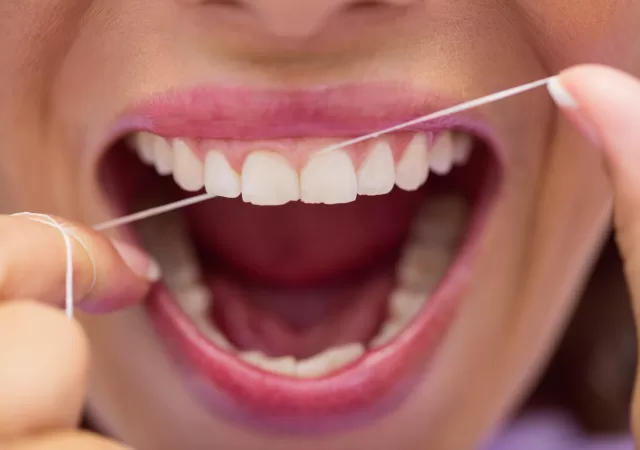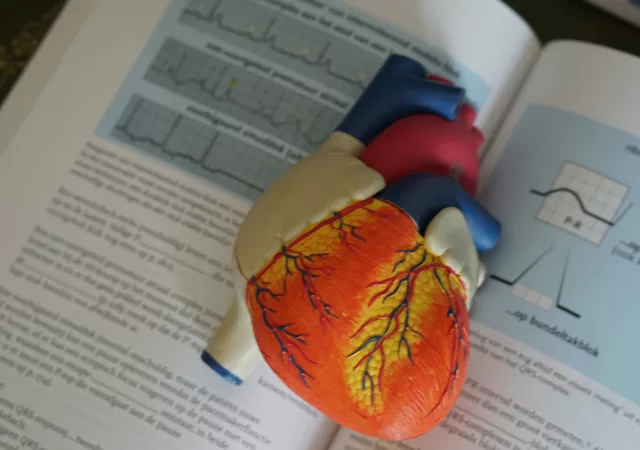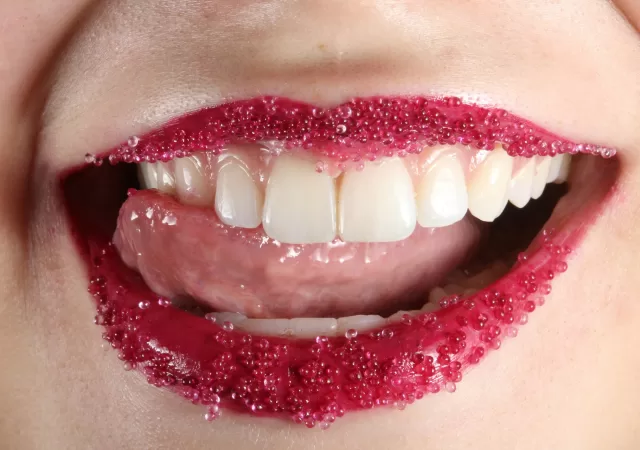Razer launches their first of three AI Centre of Excellence that will expand the company’;s prowess beyond just gaming peripherals and laptops.
Flossing Just Might Be The Future of Vaccines
Scientists at the University of Pennsylvania have developed a new way to deliver vaccines that doesn’t involve needles.
KAO Launches A New Way to Keep Mosquitoes at Bay
Sometimes the simplest technologies create the biggest difference. KAO’s Bioré GUARD Mos Block Serum uses a commonly used emulsifier to address an increasing health concern.
Scientists Just Used AI to Discover New Genes Linked to Heart Disease
Scientists at the Icahn School of Medicine at Mount Sinai have discovered 17 rare gene variants linked to heart disease using AI.
You’ll Be Able to Regenerate Your Teeth Soon Thanks to a New Groundbreaking Drug
A new groundbreaking drug is entering human trials and it’s going to allow you to regenerate your teeth.







